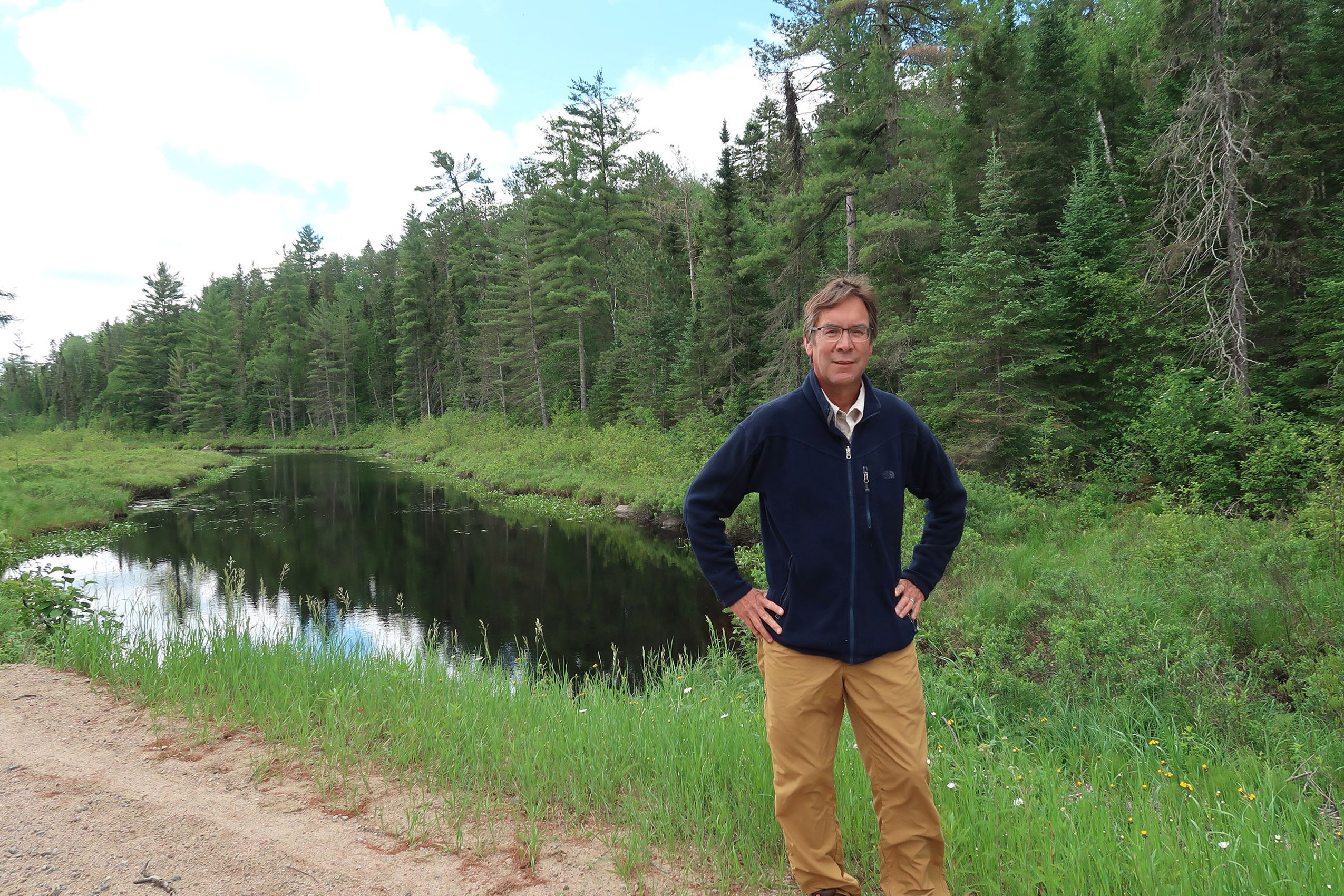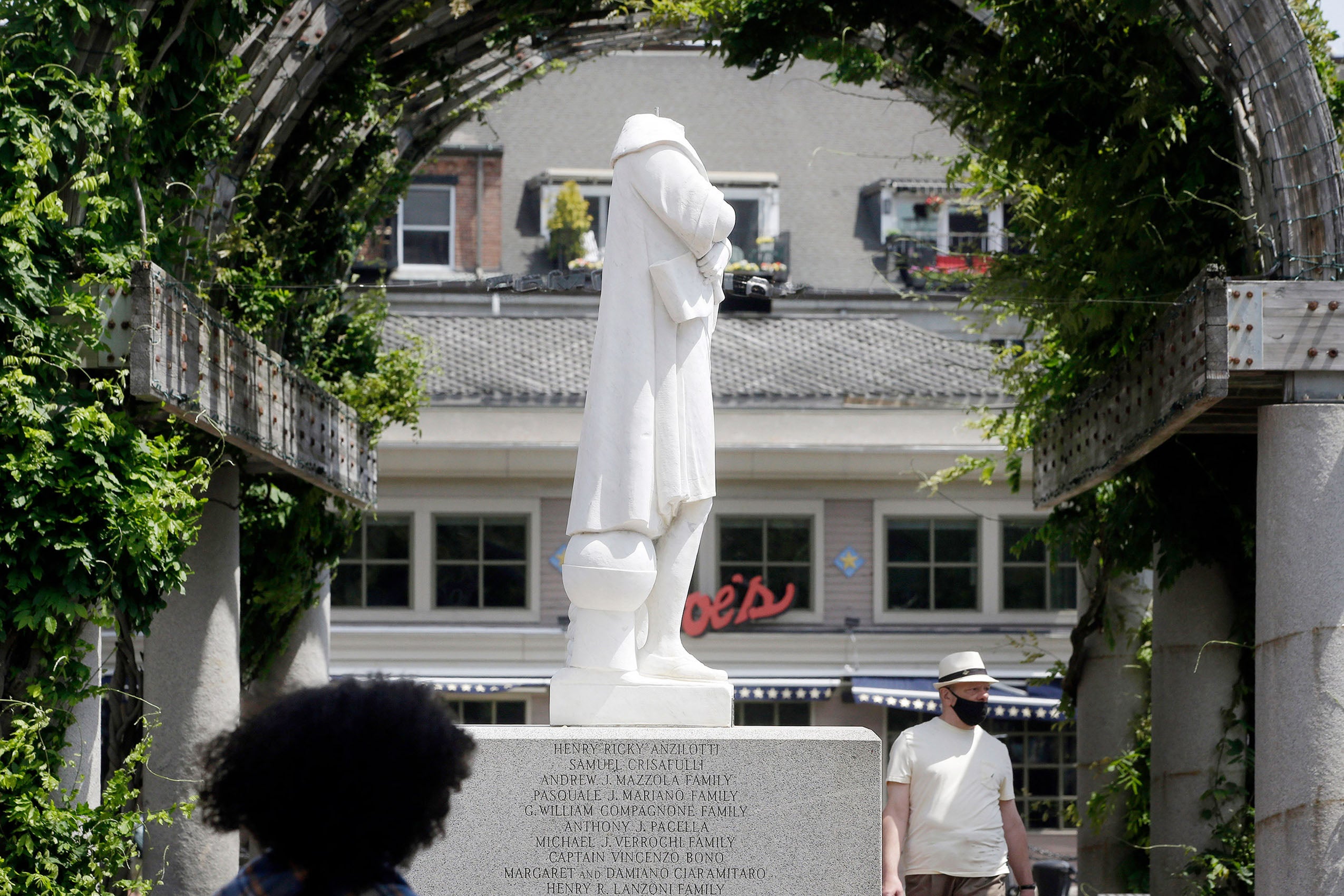
Celebrated by Italian immigrants in the United States since 1792, Columbus Day became a federal holiday in 1937 to commemorate the “arrival of Christopher Columbus in the Americas.” The explorer’s reputation has darkened in recent years as scholars have focused more attention on the killings and other atrocities he committed against Indigenous peoples of the Caribbean. This year, amid a national reckoning on racial injustice, protesters have toppled and beheaded statues of Columbus in various cities, while pressure grows to abolish the national holiday and replace it with one that celebrates the people who populated the Americas long before the explorer “sailed the ocean blue.”
The Harvard Gazette recently asked some members of the Harvard community, including Oneida Indian Nation Visiting Professor of Law Robert Anderson, “Is this the end of Columbus Day, and how can America best replace it?”
It’s time for Columbus Day to go away and be replaced by Indigenous Peoples’ Day as a national holiday. That shift would require people to think about the fact that this country was founded on taking over territory that belonged to the Indigenous peoples who are still here and whose ancestors lived here for thousands of years and had their own societies, their own culture, and their own political institutions.
It’s important to acknowledge the Indigenous roots of this country we call the United States. We also have to respect the fact that modern-day Indian tribes in the United States are governments; they have sovereignty; they have land; and we still have the right to independence within the U.S. This is a territory where my ancestors lived, and I appreciate the fact that people in some areas understand they’re living on land that belonged to somebody else and still belongs to them in many ways.
Calling it Indigenous Peoples’ Day would draw attention to a fact that is so overlooked. I have taught Indian law for 12 years at the Harvard Law School, and many students come up to me to say, “We were never taught this in grade school or high school,” or even in college in many instances. They’re amazed to understand how the colonial process worked. I tell my students that this is a very uncomfortable part of U.S. history, a very rotten understory that people don’t like to look at. The Black Lives Matter movement is a great analog because some people want to ignore the fact that police act in ways that are racially discriminatory. In the same way, the majority in the United States prefer not to think about the fact that most of this country was forcibly taken away from the Indigenous populations. It’s something that people like to keep it in the closet or sweep under the rug. The time for a reckoning with the unjust treatment of Native American people is overdue.
This interview was excerpted from the Harvard Gazette, where you can read the full story.
